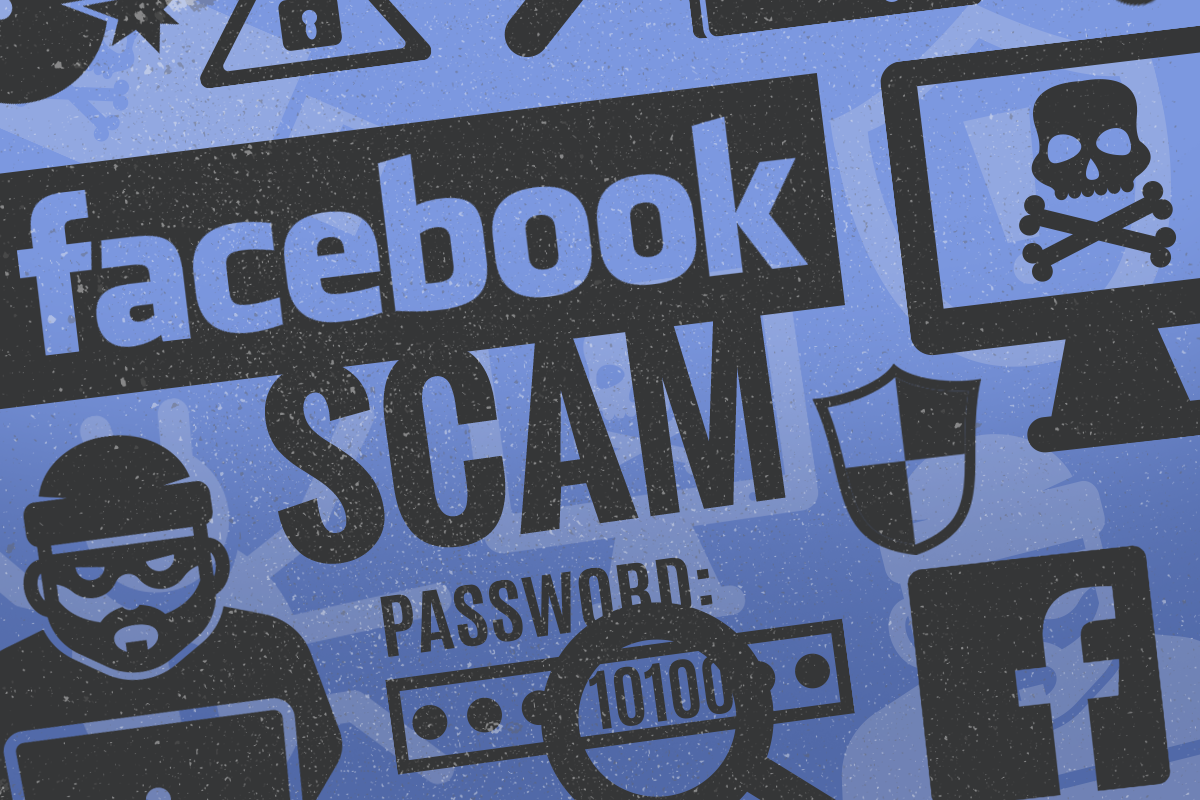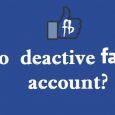Table of Contents
It is not an overstatement to state that online social network websites have transformed the Internet. They are at the vanguard position of the Web 2.0 movement and Facebook is one of the privileged few players in command. Each day, millions of people join the platform to make new friends and reconnect with old acquaintances.
But assisting people to make connections with one another is just one of the qualities that Facebook has. One more essential component is that the platform lets application makers to generate tiny programs dubbed as apps and employ Facebook as a service. In a manner, Facebook is playing a role of an operating system. It offers the foundation for small apps that use the resources of the social network.
Debatably, the most essential resource is the user base of Facebook. Developing an app can be challenging as well as time-consuming. On the other hand, Facebook’s community comprises millions of users, and that offers developers an in-built user base for their work. Without these users, developers can end up operating long hours, generating a program that no one uses or sees. But the nature of Facebook’s society assists developers to virally distribute their work. Facebook users grab the app after seeing it on a different user’s profile and soon millions of users are taking pleasure of the app.
Why do developers generate these applications? Some coders just need to create a fun app to enjoy for people. The app improves the user experience on a social media. Others are developing the apps that are fraction of a marketing plan. They expect the app will nudge consumers to subscribe to a service or buy a specific product. A few develop apps that collect info in order to generate aimed advertising. And some are taking benefit of Facebook’s open nature to generate malicious apps or operate scams in a bid to con consumers or cause mischief.
How can you keep away from these scams? And what must you do if you fall prey to such scams? Let us have a look.
Facebook Scams
Facebook applications come in dozens of diversities with number of examples in every section. There are tools, games, quizzes, and other applications that allow you rank everything from the celebrities you’d like to meet to your favorite albums. Each of these applications needs you to download a couple of lines of code to your profile on Facebook. From your viewpoint, all you have to do is tap a button on a page, show that you approve the consumer agreement, and download the app.
But not all applications are guiltless. You must pay attention to what type of data the application claims it should be capable of accessing to operate properly. The privacy policy by Facebook is built on 2 rules: Consumers must have total management over their personal data and they must be capable of accessing the data other consumers want to share. When you fill out a profile on Facebook, you can add data ranging from your address to your date of birth to personal contact data. Facebook also traces data about how you employ the website. If that data stays private, you feel secure. But what if the firm shared that data with somebody you did not know?
That was an issue with some early applications on Facebook. In order to work, most apps require accessing some of your data. Early applications might often access far more data than they needed. That meant the coders of those applications might access a great amount of personal data about consumers. Facebook attempted to put an end to this and instructed that developers only ask access to data that was required for the application to operate the way it must.
Facebook highlights in its privacy policy that consumers can select which data stays private. But it also highlights out that even though it offers protection of privacy, no system is ideal. It is possible for coders to find methods around safeguards and use your data. It is a good idea to do a little study about an application before you select to integrate it into your Facebook profile.
Facebook Scam Warning Signs
There are various signs that can normally hint you about a scam. Two primary red flags that something sneaky is going on are a request for credit card data or a password. Scammers gather credit card numbers or passwords and employ that data to take benefit of the users. These requests may seem entirely naive in the context of the application but they must set off alarm. Again, do a little research and homework of the app prior to taking the decision.
If an application attempts to take you to a new website, then pay attention to the domain name of that page. Some bad attackers are smart enough to make a replica of a real Facebook page with an appeal for your password. If the domain name appears to be fishy, you must not enter your password. Pop-up alerts that suggest you to install or download an extra application after you have already begun the process are one more possible indicators of malware. Downloading these apps might infect your device with a virus.
Sometimes one of your buddies will fall prey to a scam and you will get messages that seem to be from her or him. These messages normally ask you to go to a link added in the message. You must send a text to your buddy to verify that it is a genuine link. It is likely your friend’s profile has been infected and the text was sent automatically to you. If the wording of the text appears strange or unlike your buddy’s normal method, that is one more sign that something doubtful is going on.
There is a special name for the way scammers influence users like this and it is called as social engineering. While it is true that nasty attackers dubbed as crackers sometimes penetrate a system’s safety by employing different software hacks and tricks, it is also common for users to happily offer data. The scammer just has to make the users need to share. There are a few common methods bad actors trick users into sharing the data:
- They request the user’s vanity with a text that recommends the user can be seen in a funny or compromising way at a particular website. The link to the website essentially takes the user to downloading virus.
- They lure the users into giving a credit card number, then conduct credit-card fraud.
- They make commitments of get-rich-quick plans.
Now, let us have a look at what you must do if you fall prey to such scam.
Recovering From A Scam
There are handful things you can do if you are a scam’s victim. What you do relies on what the attacker has done to you.
If you have revealed your password, you must post a text to your buddies to alert them that your account was infected. This may stop your friends from following any links that will infect extra accounts. Alter your password to something difficult to deduct such as a series of unconnected characters. Evade employing the same password for various services or accounts else you can leave even more of your data defenseless. You can report about the scam through the Help Center to Facebook.
Facebook offers a form for phishing attacks’ victims. Phishing is nothing but a practice of tricking users into sharing private data such as social security numbers and credit card numbers. One of the more ordinary phishing scams is recognized by two names: the 419 scam or the Nigerian scam.
The fundamental scam goes like this: The individual sending the text states that he/she has a huge amount of money that is being held up in a different nation. With your assistance, this person will be capable of freeing up the cash and will offer you a huge sum. But to get the cash, the person first requires some of your money. This is just a cover plot. The person is actually trying to pinch your cash. If you see a text similar to this, you must use the form offered by Facebook to make them conscious of the issue.
If you are a citizen of the U.S. and the victim of identity theft, you must file a police complaint, alert the fraud divisions of the primary credit bureaus, and contact your bank. You can report identity theft or financial scams to other organizations too. In the US, this comprises:
- Internet Crime Complaint Center (IC3)
- Federal Bureau of Investigation (FBI)
- Federal Trade Commission (FTC)
Facebook is a strong social media website that can assist you stay in touch with buddies on the other side of the globe. There are a number of genuinely useful and fun apps on Facebook. With a little watchfulness, you can take pleasure of the best that Facebook has to provide and avoid being the prey of a scam. All you need to do is think twice before you click on a link or download an app.




